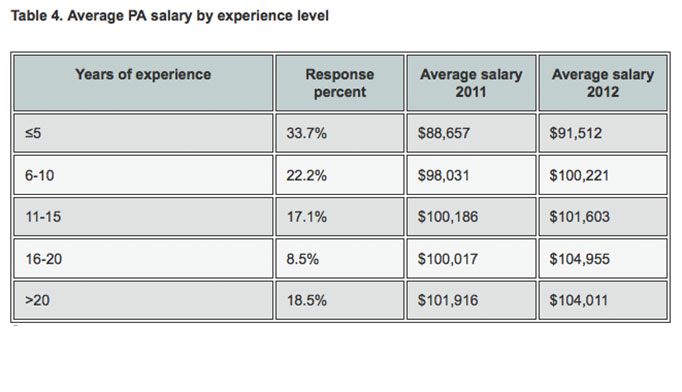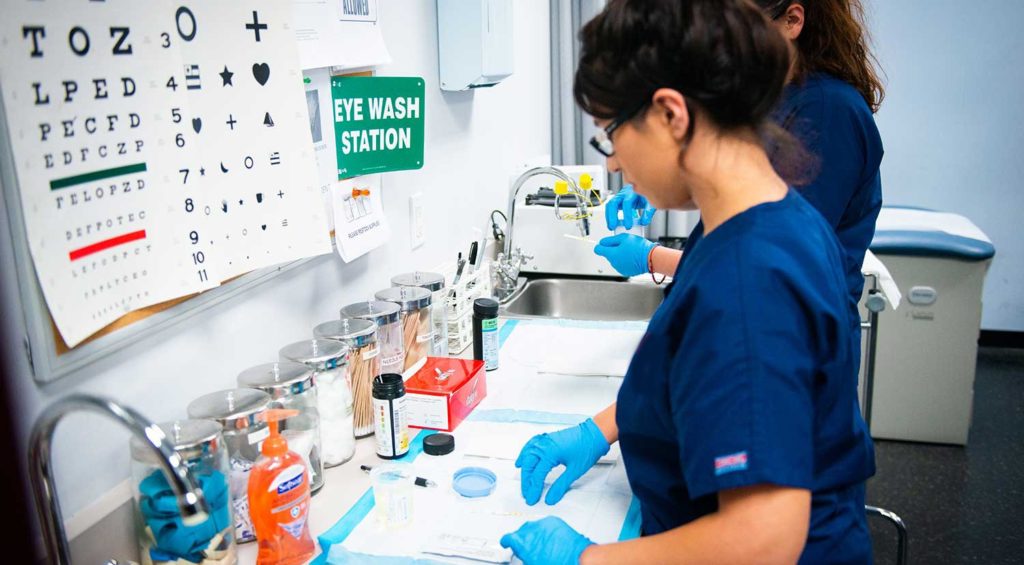

Over the next decade, the projected job growth rate is 12%, much faster than any other American job sector. With constant, continuous advances in surgical technology – and a rising demand for surgery – surgical tech job outlook is looking great. What Are the Prospects for Surgical Tech Jobs? Not too shabby for a position that doesn’t require medical school! The top 10% of earners in 2018, however, pulled in more than $69,000. This means that it’s one of the highest-paid allied health careers out there! Seventy-five percent of surgical techs earned a healthy average salary of between $33,000 and $58,000. Is There Room for Surgical Tech Career Advancement?ĭue to the ever-growing surgical tech career ladder, you can expect your salary to continue to grow over time. Since surgeries occur in every hospital across the country, you’ll have much more flexibility when it comes to relocating to a new city. In Alaska and California (the two highest-paying states), techs earned more than $60,000. In New Jersey, surgical tech salaries averaged slightly less than $54,000. Note that surgical tech pay definitely varies between cities and states. Given the nature of the work – which sometimes requires long hours – overtime may also be an option, especially if you work at a hospital.Īccording to a 2018 Bureau of Labor Statistics report, the median annual pay for a surgical tech was more than $47,000. Most people choose a career that can provide a lucrative income, and they won’t be disappointed by average surgical tech salaries. On-call work schedules might mean going from a dead sleep to the operating room in under a minute for a major emergency. This might mean that you’ll spend some of your shift working in the ER, while you might assist during a hip replacement the next hour. If you work at a hospital, surgical tech jobs are often scheduled on rotation. The majority of these allied health professionals (70%) work in hospitals, but certified surgical techs may find positions in clinics, outpatient surgical centers, and private practices.īecause they’re trained to help with everything from routine operations to life-saving surgery, many surgical techs work in ERs, which allows them to be an important part of emergency services. But if you’re more of an adrenaline junkie, you’ll likely thrive in these high-stakes situations.

If you’re looking for a job where you’re paid to sit at a desk all day, this isn’t the career for you. Surgical technology is a career for those who can’t stand sitting around and don’t mind being on their feet all day. They may also be involved in pre- and post-operative care by transporting patients to and from the operating room, disinfecting and bandaging incision areas, and positioning patients on the operating table. Other main duties include preparing the operating room before surgery, assembling and disinfecting equipment for the surgical team, and handling specimens for analysis. During an operation, the surgical tech passes tools to the surgeon and senior assistants as needed. Surgical technologists ( also known as operating room technicians and scrub techs) work alongside surgeons and nurses in the operating room.
#Surgical tech first assistant salary how to#
If the world of surgery excites you – but med school simply isn’t an option – keep reading to learn why and how to become a surgical tech. What’s more, average surgical technologist salaries and job prospects are both on the rise, especially for entry-level positions.


The surgical tech career path is a booming area in allied healthcare careers – all without the years of studying, student debt, and responsibility of being a surgeon. An interest in this area, however, doesn’t require a decade of med school to become a surgeon. Choosing a career shouldn’t be brain surgery (okay, sometimes it is brain surgery).


 0 kommentar(er)
0 kommentar(er)
